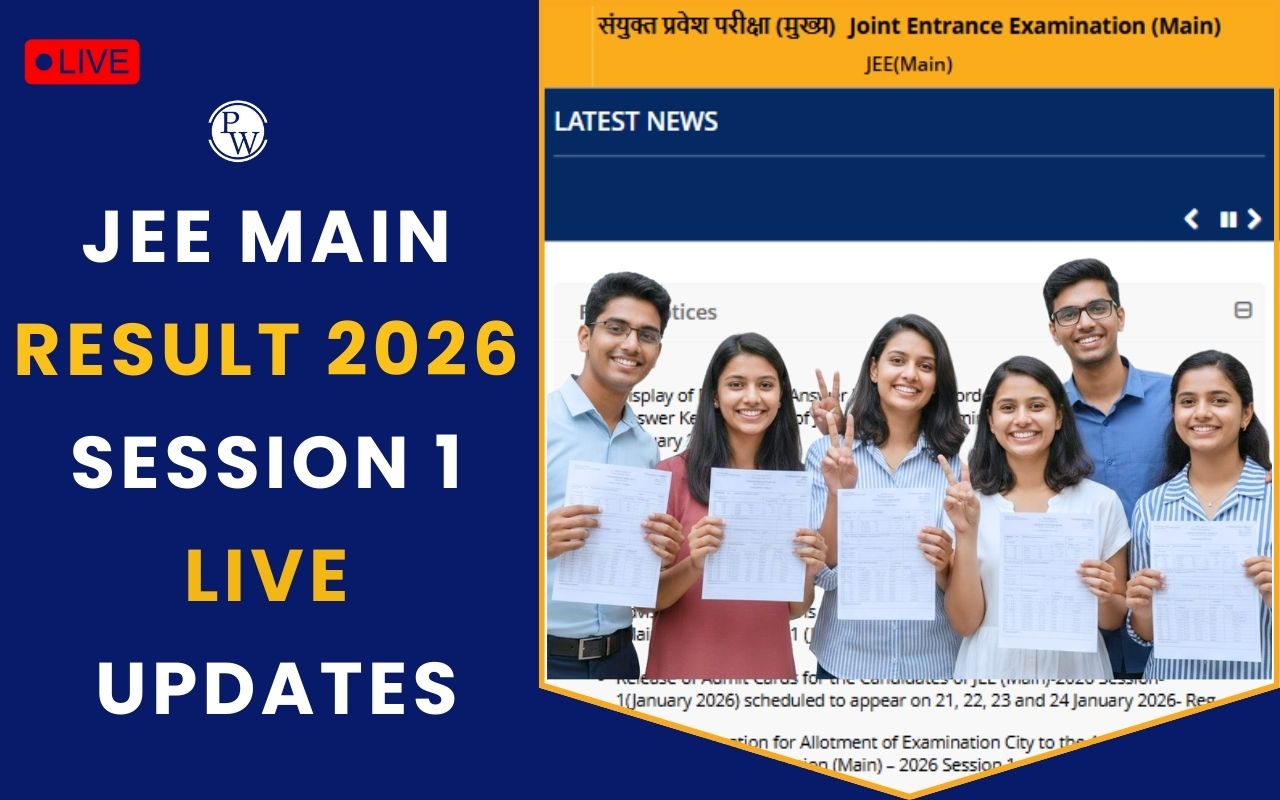
Difference Between Mutually Exclusive And Independent Events : In statistics and probability, knowing the concepts of independent and mutually exclusive events is essential. The relationships between events in a probability experiment are explained by these concepts. A complete discussion on the difference between mutually exclusive and independent events will be discussed below.
The difference between mutually exclusive and independent events is that a mutually exclusive event happens when two events cannot occur simultaneously, but an independent event occurs when one event is unaffected by the presence of the other event. A mutually exclusive event is one in which a coin is thrown, and one of two outcomes is possible: head or tail. As a result, both of these occurrences are mutually exclusive. However, if we flip two distinct coins, the probability of a Head or Tail on one is independent of the other. Before we discuss the difference between mutually exclusive and independent events, let’s first understand their meaning. Achieve JEE excellence with PW JEE Online Course . Join now to fulfill your engineering dreams!What is an Event?
An event is a subset of a possible result or a sample space. The instances are treated as if they had no connection to one another. An event is considered simple if it can be recorded by a single point in the sample space. For instance, the results of 1, 2 make up a simple event if there are four possibilities in the sample space.Types of Events in Probability
In probability, there are several types of events that may happen. a few of which are listed below: Simple Events: A simple event is one that contains only one element from the sample space. These are referred to as basic events as well. For example, there is only one chance that the number two will appear on the dice if we toss them. This is an excellent example of a simple event, denoted by E= {2}. Compound Events: This is essentially the reverse of a simple event where many sample points are obtained on a sample space. These may also be referred to as mixed or composite events. For example, if we roll a dice, there is a greater chance that we would obtain an odd number, or E= (3, 5) Independent Events: Two events are considered independent if they take place simultaneously and none of them is affected by the other. Dependent Events: Events that are dependent on the occurrence of other events are known as dependent events.Meaning of Mutually Exclusive Event
Events that are mutually exclusive cannot happen at the same time, meaning that the outcome of one event determines whether the other events happen or not. Such actions cannot be carried out concurrently, nor can the outcomes be decided upon simultaneously. As a result, the occurrence of one event influences the occurrence of another. Let's consider the example of flipping a coin to better understand this. It goes without saying that the outcome would be either a tail or an ahead. However, the head and tail cannot both happen at the same time.Meaning of Independent Events
Independent events, as the name implies, are ones in which the probability of one event does not influence the probability of the other event. Every event has its own separate course. One event's occurrence or non-occurrence has no impact on another event's occurrence or non-occurrence. The probability that both events will occur is equal to the simple product of their independent probabilities. For example, if you flip a coin twice, the results are independent; the tail occurs in the first chance and the tail in the second.Difference Between Mutually Exclusive and Independent Events
Difference Between Mutually Exclusive and Independent Events : The following table explains the basic conceptual difference between mutually exclusive and independent events :| Difference Between Mutually Exclusive and Independent Events | ||
| Points | Mutually Exclusive Events | Independent Events |
| 1 | Events that cannot happen at the same time or overlap | Events that do not influence each other |
| 2 | If one event occurs, the other cannot happen | The probability of one event does not affect the other |
| 3 | No common outcomes or elements between events | Events can share outcomes or elements |
| 4 | Combined probability is the sum of individual probabilities | The probability of one event is not influenced by the other |
| 5 | Joint probability is zero for mutually exclusive events | Joint probability is the product of individual probabilities for independent events |
| 6 | Probability calculation involves adding individual probabilities | Probability calculation involves multiplying individual probabilities |
| 7 | Zero probability of occurring together | Non-zero probability of occurring together |
| 8 | Venn diagram sets do not overlap for mutually exclusive events | Venn diagram sets may overlap for independent events |
| 9 | Presence or absence of one event provides no information about the other | Presence or absence of one event does not give information about the other |
| 10 | Examples include flipping a coin and getting heads or tails, rolling a dice, and getting an odd or even number | Examples include flipping a coin and rolling a die, drawing cards with replacements from a deck. |
Different Formulas of Probability
Probability of an Event= Number of favorable outcomes / Total number of outcomes Formulas of mutually exclusive events: P(A) = P (A ∩ B) P (A ∪ B) = P(A) + P(B) Formulas of independent events: P(A) = P(A) P(B) = P(B) P (A ∩ B) = P(A)Difference Between Mutually Exclusive and Independent Events FAQs
Q1: Are independent events always mutually exclusive?
Ans. The two events cannot be independent if they are mutually exclusive.
Q2: How do you know if two events are independent?
Ans. If the probability of one event happening does not change the probability of the other event, then both events are independent.
Q3: What do you mean by probability?
Ans. Probability is the same as possibility. This branch of mathematics studies the possibility of a random event occurring.
Q4: What is the nCr formula?
Ans.The formula is as follows: nCr = n! / r! * (n – r)!,
Q5: What does the U symbol mean in probability?
Ans. If an element appears in the first set, the second set, or both, it is in the union of the two sets. We represent the union using the symbol ∪.
🔥 Trending Blogs
Talk to a counsellorHave doubts? Our support team will be happy to assist you!

Free Learning Resources
PW Books
Notes (Class 10-12)
PW Study Materials
Notes (Class 6-9)
Ncert Solutions
Govt Exams
Class 6th to 12th Online Courses
Govt Job Exams Courses
UPSC Coaching
Defence Exam Coaching
Gate Exam Coaching
Other Exams
Know about Physics Wallah
Physics Wallah is an Indian edtech platform that provides accessible & comprehensive learning experiences to students from Class 6th to postgraduate level. We also provide extensive NCERT solutions, sample paper, NEET, JEE Mains, BITSAT previous year papers & more such resources to students. Physics Wallah also caters to over 3.5 million registered students and over 78 lakh+ Youtube subscribers with 4.8 rating on its app.
We Stand Out because
We provide students with intensive courses with India’s qualified & experienced faculties & mentors. PW strives to make the learning experience comprehensive and accessible for students of all sections of society. We believe in empowering every single student who couldn't dream of a good career in engineering and medical field earlier.
Our Key Focus Areas
Physics Wallah's main focus is to make the learning experience as economical as possible for all students. With our affordable courses like Lakshya, Udaan and Arjuna and many others, we have been able to provide a platform for lakhs of aspirants. From providing Chemistry, Maths, Physics formula to giving e-books of eminent authors like RD Sharma, RS Aggarwal and Lakhmir Singh, PW focuses on every single student's need for preparation.
What Makes Us Different
Physics Wallah strives to develop a comprehensive pedagogical structure for students, where they get a state-of-the-art learning experience with study material and resources. Apart from catering students preparing for JEE Mains and NEET, PW also provides study material for each state board like Uttar Pradesh, Bihar, and others
Copyright © 2026 Physicswallah Limited All rights reserved.









